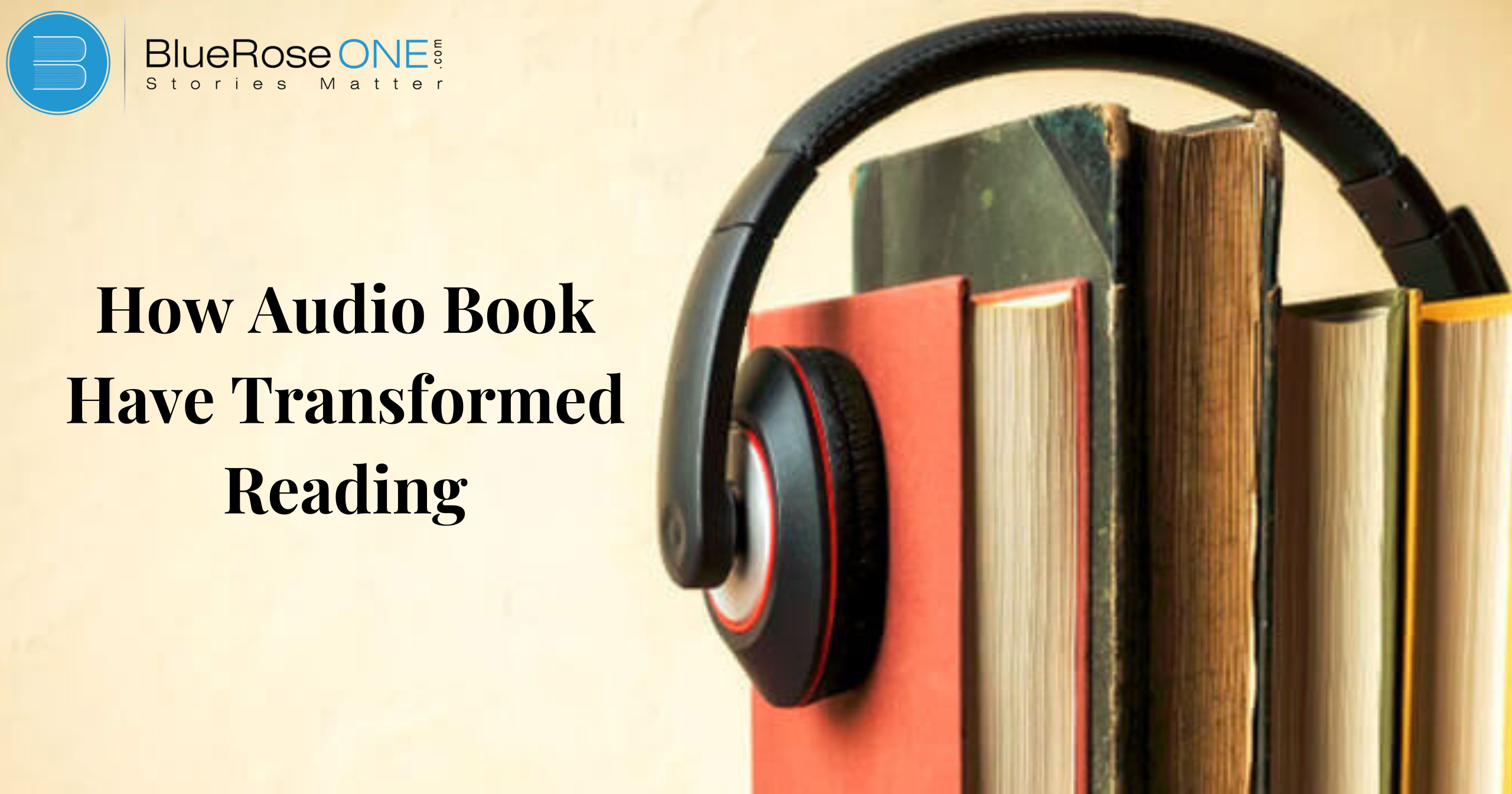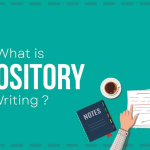Audio books have emerged as a transformative medium for consuming literature, offering a unique alternative to traditional reading. With the advancement of technology, audiobooks have become increasingly popular, allowing readers to experience their favorite stories through sound.
The Rise of Audio books
The rise of audiobooks marks a profound shift in how we consume literature, transforming the traditional reading experience into a multi-sensory journey. In an era where time is precious and multitasking is the norm, audiobooks offer unparalleled convenience, allowing listeners to dive into captivating narratives while commuting, exercising, or simply relaxing. This revolution isn’t just about convenience; it’s about inclusivity too, making literature accessible to those with visual impairments or learning disabilities. With the surge in smartphone usage and the proliferation of streaming platforms, audiobooks have seamlessly integrated into our daily lives, reshaping our reading habits and enriching our literary adventures.
Accessibility and Convenience
Audio books for Busy Lifestyles
Audiobooks for Busy Lifestyles offer a transformative solution to the time constraints of modern life, revolutionizing reading habits in profound ways. In today’s fast-paced world, where time is a scarce commodity, audio books provide a convenient alternative for individuals juggling multiple responsibilities. Whether commuting to work, exercising at the gym, or completing household chores, audiobooks seamlessly integrate into busy lifestyles, allowing people to immerse themselves in captivating narratives without sacrificing precious time. This accessibility not only fosters a love for literature but also enhances productivity by enabling multitasking. As audio books continue to gain popularity, they stand as a testament to the adaptability of reading in an ever-evolving digital landscape.
Accessibility for People with Disabilities
Accessibility for people with disabilities is a crucial aspect of modern society, and audiobooks are playing a significant role in revolutionizing reading habits for individuals facing various challenges. For those with visual impairments, audiobooks offer an avenue to access literature independently, breaking down barriers to education and entertainment. Moreover, individuals with physical disabilities that limit their ability to hold or manipulate a book can now enjoy literature effortlessly through audio formats. Audiobooks enhance inclusivity, ensuring that everyone, regardless of their disabilities, can immerse themselves in the joys of reading and expand their knowledge and imagination.
You may also like: Can Book Publication Houses Help You Publish Globally?
Benefits of Audio Books
Emotional Benefits of Audio Books
Beyond cognitive advantages, audiobooks also offer significant emotional benefits. Many listeners find that immersing themselves in a well-narrated story can be incredibly soothing and stress-relieving. It provides an escape from the demands of daily life, allowing individuals to unwind and relax.
Additionally, audiobooks can foster empathy and emotional intelligence by exposing listeners to diverse characters and perspectives. By empathizing with fictional characters’ experiences, listeners develop a deeper understanding of human emotions and behaviors, which can enhance their interpersonal relationships.
Practical Benefits of Audio Books
In terms of practicality, audiobooks offer unparalleled accessibility and convenience. Unlike traditional books, which require physical storage space and adequate lighting, audiobooks can be accessed anytime, anywhere, with just a smartphone or a portable device. This accessibility makes them ideal companions for travelers or individuals with busy schedules.
Furthermore, audiobooks can be a cost-effective alternative to purchasing physical books. Subscription services often provide unlimited access to a vast library of titles for a fraction of the cost of buying individual books.
Social Benefits of Audio Books
Audiobooks also have the power to bring people together and foster shared experiences. Whether listening to a family-friendly story during a road trip or participating in a book club discussion, audiobooks facilitate social connections and meaningful interactions.
Moreover, audio books are invaluable tools for language learning and cultural understanding. By listening to books in different languages or exploring diverse cultural narratives, listeners can broaden their horizons and develop a deeper appreciation for global perspectives.
You may also like: How to Self-Publish a Book in 2024
Enhanced Experience through Narration
Impact of Voice Actors
It is impossible to exaggerate the importance of voice actors in the world of audio books. They enhance the reading experience for many listeners by expertly narrating novels and giving characters life. Skilled voice actors are able to captivate listeners and draw them into the story by using their voices to portray emotions, nuances, and personalities. Their interpretations frequently give the text more nuance and complexity, which improves understanding and enjoyment for readers of all ages and backgrounds. Voice actors are essential to the digital age’s accessibility and engagement with literature, as audio books continue to transform reading habits.
Immersive Storytelling
Multitasking and Versatility
Immersive storytelling, facilitated by audio books, is revolutionizing reading habits in unprecedented ways. Through the medium of sound, listeners are transported into the rich tapestry of narratives, enveloped by the nuances of voice acting, music, and sound effects. The experience transcends traditional reading, offering a multisensory journey that captivates the imagination and engages the mind. Audio books break down barriers to reading, making literature accessible to a wider audience, including those with visual impairments or hectic lifestyles. With the convenience of listening anytime, anywhere, audio books foster a deeper connection to stories, fostering a love for literature that transcends the limitations of traditional reading methods.
Listening While Doing Other Activities
For many of us, multitasking has become second nature in the fast-paced society of today. The popularity of audio books has made it possible for us to enjoy reading while doing other things. While driving to work, working out at the gym, or preparing supper, audio books provide a practical way to read without having to set aside time for it. This shift in reading preferences not only helps us maximise our limited time, but it also develops a greater sense for narrative. With audio books, we may enjoy reading while going about our everyday lives, which increases both productivity and leisure.
Integration with Smart Devices
Integration with smart devices has played a pivotal role in revolutionizing reading habits through audio books. With the rise of smart speakers, smartphones, and wearable technology, accessing and enjoying audio books has never been easier. Whether it’s syncing progress across devices, hands-free listening while driving, or utilizing voice commands for navigation, smart devices have seamlessly integrated audio book consumption into our daily lives. This integration not only enhances convenience but also opens up reading opportunities for individuals with busy schedules or visual impairments. As technology continues to advance, audio books stand at the forefront of a literary revolution, making reading more accessible and enjoyable for all.
You may also like: Effective Book Marketing Strategies 2024
Audio books vs Traditional Reading
Comparison of Experience
Audio books have become a revolutionary force in the reading world, completely changing the way that people traditionally consume literature. Interessant patterns are revealed when the experiences of reading physical books and listening to audio books are compared. A holistic trip through the narrative is introduced by audio books, which are strengthened by voice modulation and sound effects, in contrast to the physical connection and visual immersion that come with turning pages in a book. Because audio books are so convenient, people can read while doing other things. This has revolutionized reading habits by making reading more accommodating to busy lifestyles. This change raises questions about the validity of reading, but in the end it increases access to books, closes gaps, and cultivates a fresh respect for narrative.
Cognitive Engagement
Cognitive engagement lies at the heart of the audiobook revolution, transforming conventional reading habits into dynamic listening experiences. Unlike traditional reading, audio books stimulate multiple sensory pathways, captivating listeners through immersive storytelling. Through auditory engagement, listeners actively participate in the narrative, fostering deep comprehension and retention. Moreover, the versatility of audio books allows readers to engage with literature in various contexts, whether during commutes, workouts, or leisurely moments. This interactive approach not only enhances accessibility to literature but also accommodates diverse learning styles and preferences. Ultimately, audio books redefine the boundaries of reading, offering a compelling avenue for cognitive exploration and engagement in the digital age.
Audio books in Education Here
Integration in Learning Environments
Integration in learning environments is crucially evolving with the advent of audio books, revolutionizing reading habits. Incorporating audio books into educational settings offers multifaceted benefits, catering to diverse learning styles and preferences. Students can engage with literature through auditory means, enhancing comprehension, retention, and accessibility. Moreover, audiobooks facilitate multitasking, allowing learners to consume content while engaged in other activities. This integration not only fosters a deeper appreciation for literature but also promotes inclusivity by accommodating individuals with visual impairments or learning disabilities. Thus, audiobooks serve as a dynamic tool for modernizing learning environments, promoting literacy, and fostering a love for reading.
Benefits for Students and Teachers
Audio books are revolutionizing reading habits, bringing a plethora of benefits for both students and teachers alike. For students, audio books offer a dynamic alternative to traditional reading methods, catering to diverse learning styles and enhancing comprehension. They promote multitasking, allowing students to engage with educational content while performing other activities. Additionally, audio books improve pronunciation and fluency, crucial skills for language acquisition. For teachers, audio books provide valuable resources to supplement classroom instruction, catering to auditory learners and fostering a deeper understanding of complex concepts. They also serve as convenient tools for differentiated instruction, accommodating diverse student needs and promoting inclusivity in the classroom.
You may also like: Publish your book with Amazon Self-Publishing in 2024
Conclusion
In conclusion, audio books have emerged as a revolutionary medium for experiencing literature, offering accessibility, convenience, and enhanced storytelling capabilities. While audio books complement traditional reading habits, they also present unique opportunities for multitasking, immersive learning, and inclusive education. As technology continues to evolve, audio books will likely play an increasingly significant role in shaping the future of reading habits and literary culture.
Frequently Asked Question
Yes, studies have shown that audio books can be just as effective, if not more so, than reading printed books in terms of comprehension and retention.
Absolutely. Many people find that they can effectively multitask while listening to audio books, whether it’s during chores, commuting, or exercising.
Yes, there are numerous audio books available specifically designed for children, which can help improve their listening skills, vocabulary, and imagination.
For many listeners, yes. A well-narrated audio book can evoke strong emotions and create immersive experiences similar to reading printed books.
Generally, yes. Subscription services offer unlimited access to a vast library of audio books for a monthly fee, making them more cost-effective than purchasing individual printed books.
















